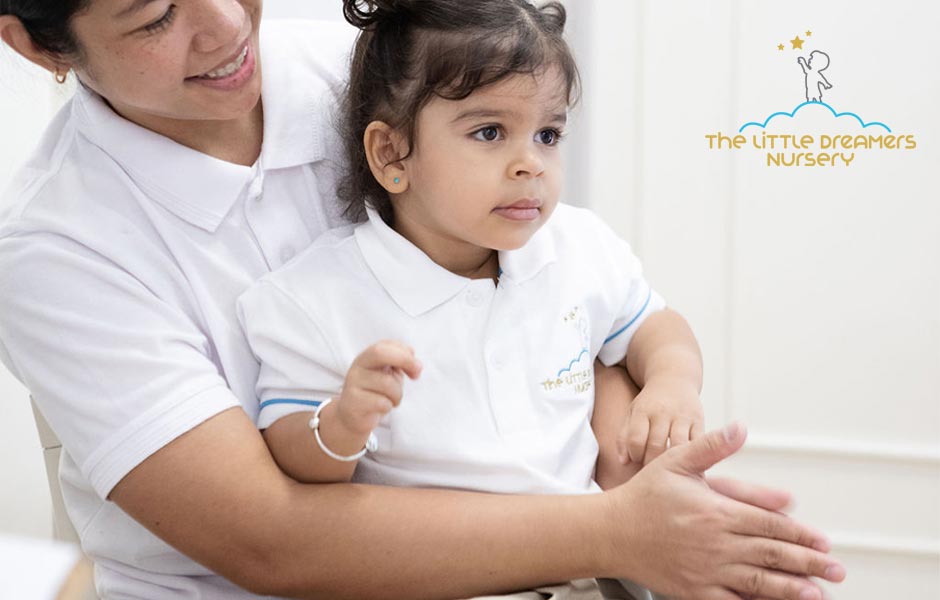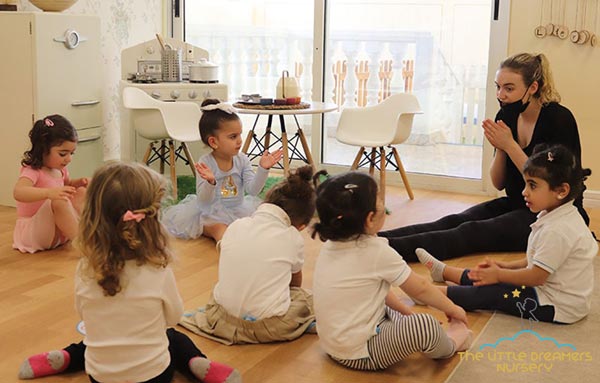What does excessive praise do to a child?
In today’s world, it’s not uncommon for parents to want to shower their children with praise and compliments. After all, who doesn’t love hearing that they’re doing a great job? However, while praise can be a powerful tool for building self-esteem and confidence in children, there can also be negative consequences when it’s overdone. In this article, we’ll explore the potential drawbacks of overpraising your child and offer tips for striking the right balance between encouragement and excessive praise.
Understanding Overpraising
Before we delve into the negative effects of overpraising, let’s first define what we mean by this term. Overpraising occurs when parents excessively compliment their children for even the smallest achievements or behaviors. While praise is essential for fostering a child’s self-esteem and motivation, overpraising can have unintended consequences that may hinder their development in the long run.
The Fine Line Between Encouragement and Overpraise

It’s important to note that there’s a fine line between encouragement and overpraise. Encouragement involves acknowledging a child’s efforts and accomplishments in a genuine and meaningful way. Overpraise, on the other hand, involves lavishing children with exaggerated or insincere compliments, regardless of their actual performance or behavior.
The Negative Effects of Overpraising
-
Dependency on External Validation
One of the primary drawbacks of overpraising is that it can foster a dependency on external validation in children. When children become accustomed to receiving constant praise and approval from others, they may develop a reliance on external sources of validation to feel good about themselves. This can undermine their ability to develop intrinsic motivation and self-confidence.
-
Risk of Entitlement
Overpraising can also contribute to the development of a sense of entitlement in children. When children are constantly praised for their achievements, they may come to expect praise and rewards for even the most mundane tasks. This can lead to unrealistic expectations and a lack of appreciation for the value of hard work and effort.
-
Fear of Failure
Ironically, overpraising can sometimes backfire and actually increase children’s fear of failure. When children are accustomed to receiving praise for everything they do, they may become afraid to take risks or try new things for fear of not meeting the high standards they’ve come to expect. This can hinder their willingness to challenge themselves and learn from their mistakes.
-
Diminished Self-Esteem
Believe it or not, overpraising can actually undermine children’s self-esteem in the long run. When children receive praise indiscriminately, regardless of their actual performance or behavior, they may start to question the sincerity and validity of the praise they receive. This can lead to feelings of insecurity and self-doubt, as children may wonder whether they truly deserve the praise they receive.
Striking the Right Balance
While it’s important to praise and encourage children, it’s equally important to do so in a balanced and meaningful way. Here are a few tips for striking the right balance between encouragement and overpraise:
-
Be Specific and Genuine
When offering praise, be specific about what you’re praising and make sure your praise is genuine and sincere. Instead of offering generic compliments like “good job,” acknowledge specific behaviors or achievements and explain why you’re proud of them.
-
Focus on Effort and Improvement
Instead of solely praising outcomes or achievements, focus on praising effort, improvement, and perseverance. Encourage children to set goals, take on challenges, and learn from their mistakes, rather than focusing solely on the end result.
-
Offer Constructive Feedback
In addition to offering praise, don’t be afraid to offer constructive feedback and guidance when necessary. Help children understand areas where they can improve and provide support and encouragement as they work towards their goals.
-
Foster Intrinsic Motivation
Finally, focus on fostering intrinsic motivation in children by helping them develop a sense of internal satisfaction and fulfillment from their accomplishments. Encourage children to pursue activities and interests that they’re passionate about and help them develop a growth mindset that values effort and learning.
Conclusion
In conclusion, while praise can be a valuable tool for building children’s self-esteem and confidence, overpraising can have unintended consequences that may hinder their development in the long run.
By striking the right balance between encouragement and overpraise, parents can help children develop a healthy sense of self-esteem, intrinsic motivation, and resilience that will serve them well throughout their lives. So, remember to offer praise and encouragement thoughtfully and intentionally, and watch your little dreamers thrive and grow!









